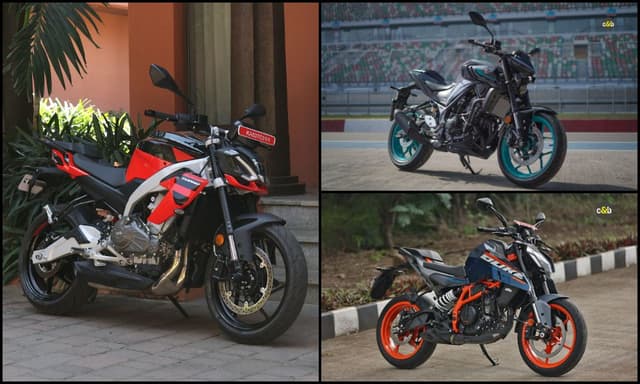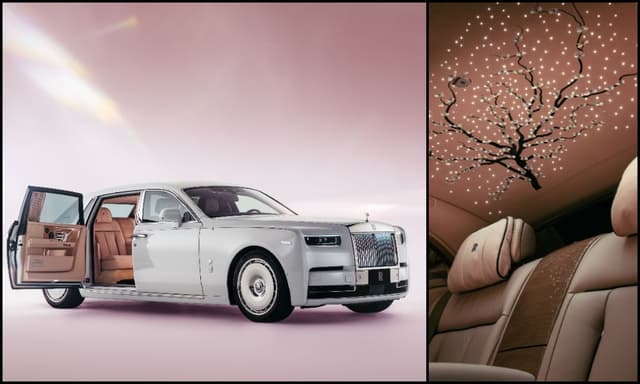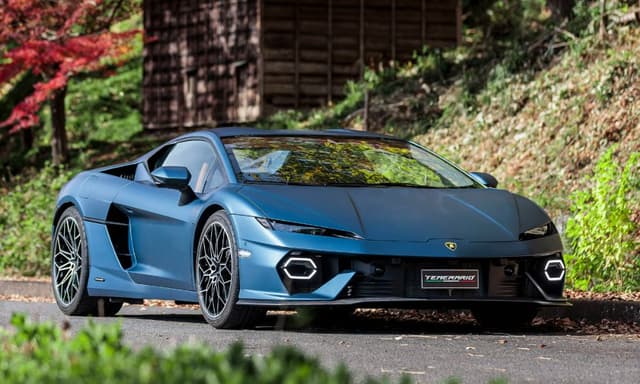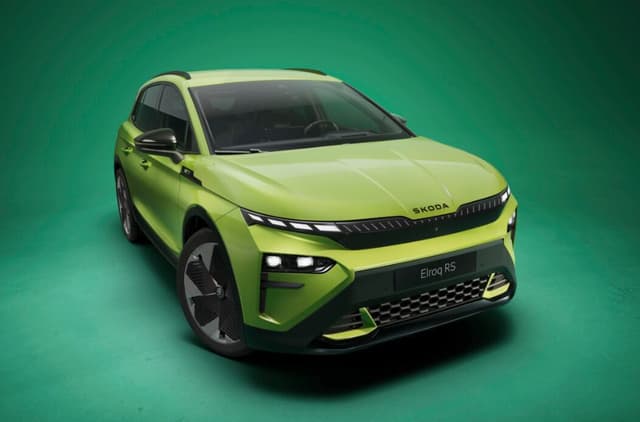How Big is the Electric Vehicle Market in India?

Highlights
- Electric vehicles are the necessary change the automobile industry needs.
- Electric cars are the next big thing in the Indian industry.
- Electric cars are said to make up 12% of all passenger cars by 2026.
The automobile industry is an ever-evolving one with new manufacturers and car models being launched almost every year and giants like Ford, Mercedes, BMW, and Audi following the latest trends. Recently, with the advancement of technology, a new kind of car has been launched into the market which precedes everything you think you know about a car.
When you think of a car, most people think of an oil-functioned engine. Nevertheless, keeping the increased levels of environmental pollution in mind, a new kind of technology has been adapted which negates the use of petrol or diesel in a car and runs on electrical power.
While there had been quite a few renditions of the same, one name that stuck through the oil-functioned models was Tesla. Before this, Tesla was mainly known for making other computing parts, but with the launch of electric cars, they really made an impression in the market. It also led to the more popular brands following in the same footsteps.


However, the growth of the electric car market in India is not as dominant as it is in other countries like the US or UK. For instance, as of 2020, the overall share of battery electric vehicles amongst the total number of passenger cars in countries like Europe was about 5.4%, which in India; it was only 0.2% in the same year. Nevertheless, with the ecosystem improving, it has been guessed that this number will further improve and go as high as 12% by 2026, with over 5,14,322 units.
Shift of focus
These changes are not only being brought by the consumers but even governing bodies. For instance, the Central Government has taken quite a few positive steps to accelerate and increase the growth of electric cars in India with the recent restructure that FAME-II policies underwent. This further shows that the government has shifted its focus to improve the sale of electric two-wheelers in order to achieve their short-term goals.
As per other pieces of research, electric cars might have a higher initial cost when compared to the Ice alternatives, but the TCO for these electric cars will be at least 30% to 50% lower in a period of 5 to 10 years. However, this mainly depends on the driving scenario of the country.
Having said that, there are quite a few significant drawbacks of choosing electric cars over its contemporaries, especially in India at this point in time, one of the biggest ones being the lack of options. Even though this will eventually change, there is still time to it.

Over the last few years, the electric car genre has been driven by two main companies in India, Mahindra, and Tata Motors. Together, both these companies account for more than 80%n of the total electric car market. They have quite a varying list of options and prices for the same, with the lowest one being rs. 8 Lakh and the costliest ones being rs. 14 Lakh. However, the lack of any affordable model (less than 8 Lakhs) proves to be a major hindrance in the growth of this segment of cars.
While the electric vehicle industry is still picking up in India, it has shown promising results in the last few years by almost doubling its growth. With only a few more options and a few more incentives for buying this car, people will be more inclined to get one for themselves. Rest assured, with the right intention; it can be quite a good investment.
Last Updated on December 28, 2021
Related Articles
Latest News
- Home
- News
- Auto Industry
- How Big is the Electric Vehicle Market in India?














